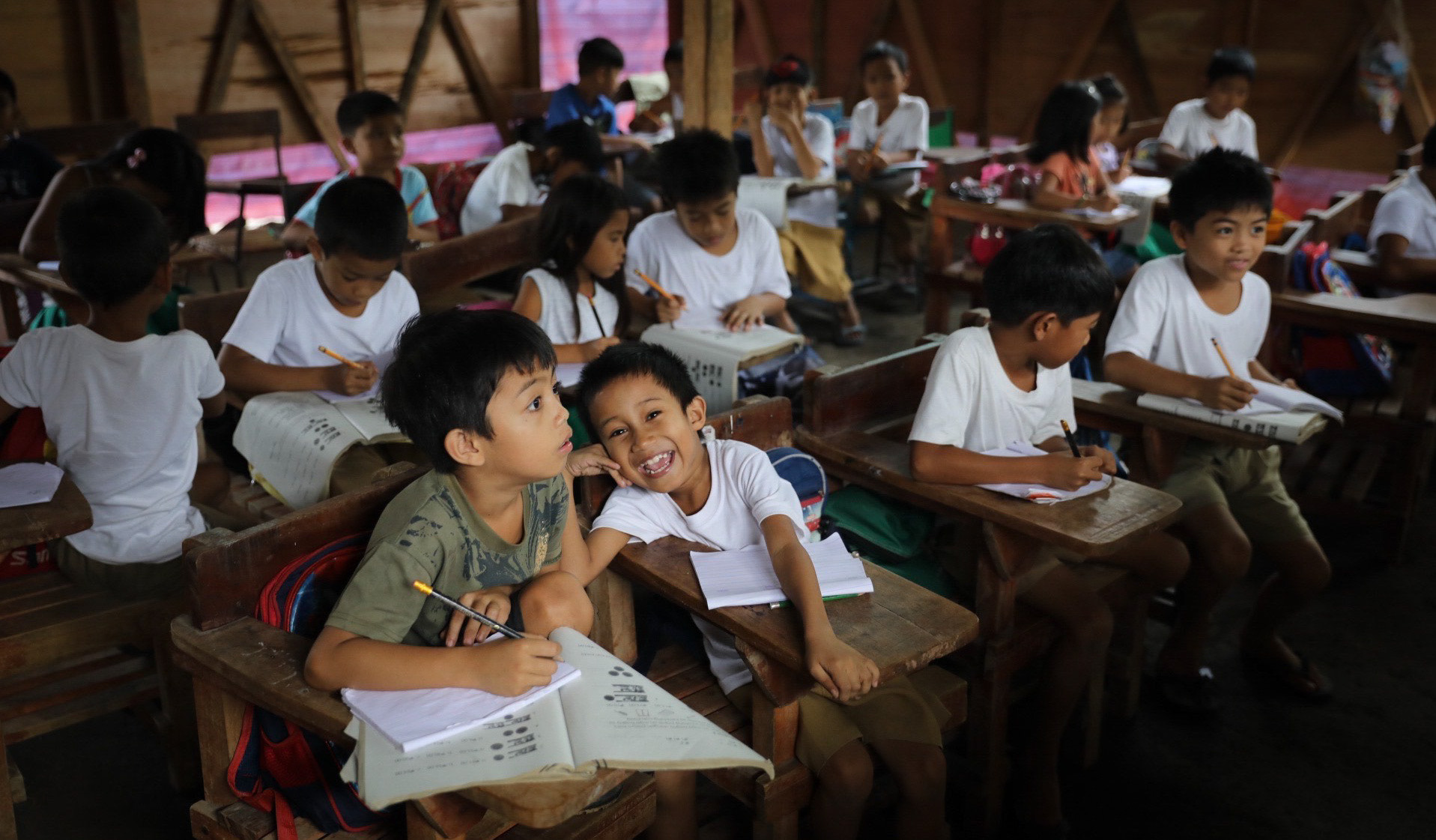The results of a global survey where the Philippines ranked lowest in Reading Comprehension and ranked second to the lowest in both Math and Science are no surprise to Senator Win Gatchalian.

Gatchalian cited the results of the Organisation for Economic Cooperation and Development’s (OECD) Programme for International Student Assessment (PISA) 2018 conducted among 600,000 students in 79 countries. The Philippines had an average score of 340 in Reading Comprehension, 353 in Science and 357 in Mathematics. PISA is a triennial study that measures 15-year olds’ ability to use their knowledge and skills in Reading, Mathematics, and Science to meet real-life challenges.
Gatchalian said that the poor result of the study is no different from the decline in the National Achievement Test (NAT) Scores in the country’s Basic Education.
The 2018 NAT results showed that for the third straight year, the national average mean percentage score (MPS) in Grade 6 continued its downward trajectory at 37.44 percent, the weakest performance in the history of the standardized examination of the Department of Education (DepEd).
Gatchalian says the PISA study underscores the urgency of improving the standard of education in the country and reiterates support to the DepEd’s shift of focus from mere ‘access’ to ensuring quality education.
According to Gatchalian, the pivot from access to quality would entail additional investments in quality learning materials and the capacity-building of teachers, as well as a more focused curriculum.
“Bagama’t inaasahan natin ang mababang marka sa pag-aaral na ito, magsisilbi itong gabay upang iangat ang kalidad ng edukasyon sa bansa. Kung gagamitin natin ang datos at mga rekomendasyon sa pag-aaral na ito, mas mauunawaan natin kung ano ba ang mga suliranin sa ating sistema ng edukasyon at kung paano ba natin iaangat ang kalidad nito,” Gatchalian said.
“Mahalagang masiguro natin na nakakagamit ang mga paaralan ng sapat na kagamitan at teknolohiyang makakatulong sa pag-angat ng edukasyon sa bansa. Ito ay magsisilbing paghahanda para sa ating mga mag-aaral pagpasok nila sa ating mga industriya. Kasabay nito, mahalagang masiguro natin na mahuhusay ang ating mga guro lalo na’t sumasalamin sa kanila ang kakahayan ng mga mag-aaral,” Gatchalian added.
Gatchalian also pointed out the need for stronger links between DepEd and the Commission on Higher Education (CHED). Aside from improving the curriculum, Gatchalian reiterated CHED’s role in ensuring that the next generation of teachers should be well-equipped to teach young Filipinos under the K to 12 program.
“Kung nais nating umangat ang katayuan natin sa PISA, kailangang pagtuunan natin ng pansin ang tamang pagpapatupad ng programang K to 12. Ngunit hindi natin ito gagawin dahil lang gusto nating tumaas ang marka natin sa PISA, ang pinakamahalagang usapin dito ay ang kakayahan at kahandaan ng ating mga mag-aaral upang magkaroon sila ng magandang kinabukasan,” Gatchalian said.
According to Gatchalian, identifying solutions to these alarming results from PISA will be discussed in the joint Congressional Oversight Committee on the K-12 program, which he plans to convene in January next year.


